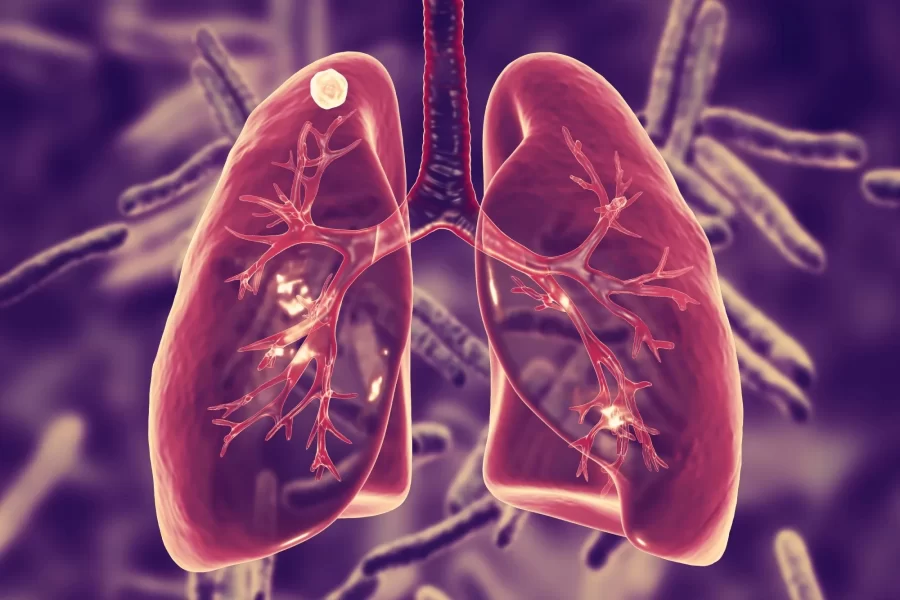Tuberculosis; A Killer In The Shadows.
Tuberculosis is the leading infectious disease killer in the world, killing over 1.5 million people annually.
Tuberculosis, commonly known as TB, is one of the oldest diseases known to humankind, with known infections dating back over thousands of years. In fact, the genus, Mycobacterium, to which the bacteria that spreads TB belongs, is believed to be over 150 million years old. However, for a disease dating back so long in human history, a surprisingly small amount of progress has been made towards eradicating the problem. The disease, to this day, continues to claim the lives of more than 1.5 million people annually, making it the number one infectious disease killer known to man, ahead of the likes of COVID-19 and the Flu.
With these numbers not seeming likely to go down any time soon, one can’t help but ask the question, “Why?” Why do so many people continue to die from a disease that is curable?
The Uncontrollable Nature of TB:
TB’s relentless hold on communities stems from various factors. Drug-resistant strains, such as MDR-TB and XDR-TB, have emerged, complicating treatment and demanding more resources. Poverty, inadequate healthcare infrastructure, and social determinants of health perpetuate the spread of TB, particularly in marginalized populations. The challenge lies in addressing these root causes while strengthening healthcare systems and supporting public health interventions
While combating TB requires a comprehensive approach, individuals can play a crucial role in curbing its spread. Here are a few actions we can take:
- Practice respiratory hygiene: Cover your mouth and nose when coughing or sneezing, and dispose of used tissues responsibly. These simple measures help contain the spread of TB bacteria.
- Support and promote TB awareness: Educate yourself and others about TB, its symptoms, and available resources for diagnosis and treatment. By spreading knowledge, we empower communities to seek timely care and support those affected by TB.
- Support vulnerable populations: Extend a helping hand to marginalized communities, advocating for improved access to healthcare, nutrition, and living conditions. Addressing social determinants of health is key to reducing the impact of TB.
Tuberculosis remains an urgent global health concern, claiming millions of lives each year. The uncontrollable nature of the disease, limitations of the vaccine, and alarming mortality rates demand immediate attention. As individuals, we can contribute to the fight against TB by practicing respiratory hygiene, promoting awareness, seeking early diagnosis, and supporting vulnerable populations. It is only through collective efforts, bolstered by awareness and compassion, that we can truly make a difference. Let us stand united against TB and strive for a world free from its grip.

